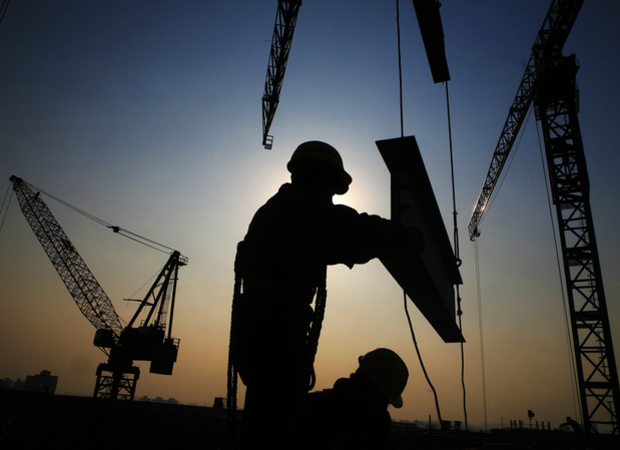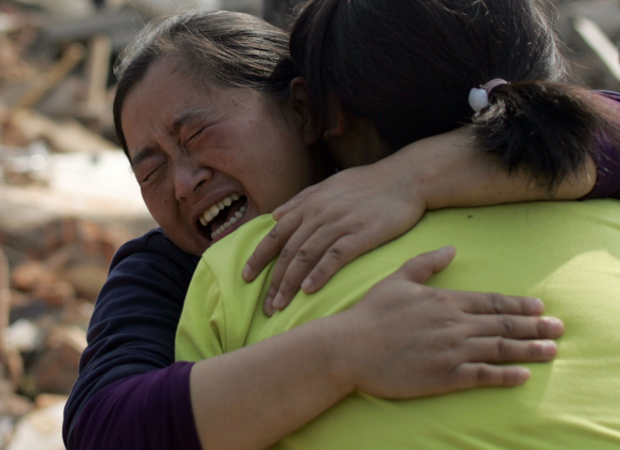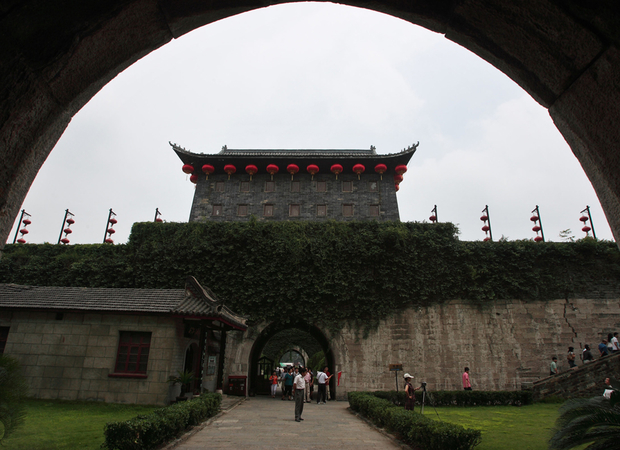China Marks Nanking Massacre's 80th Anniversary
Chinese officials struck a tempered tone on the 80th anniversary of the Nanking Massacre on Wednesday, saying China would “look forward” and deepen friendship with its neighbor Japan despite historical misgivings.









